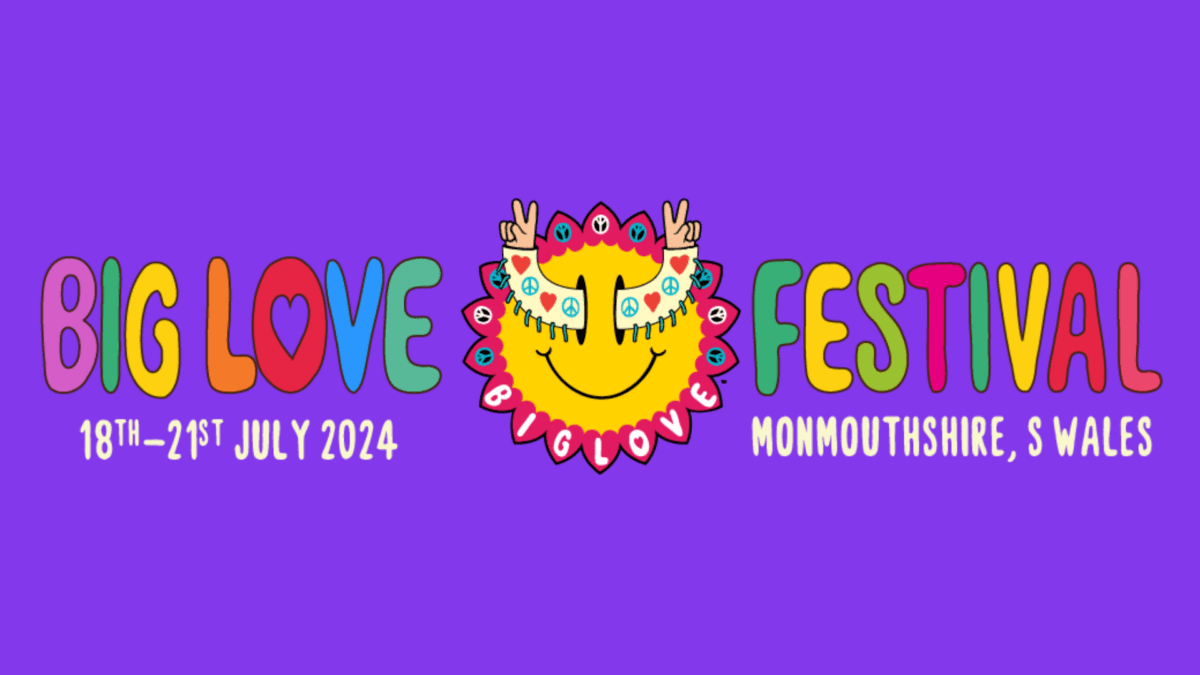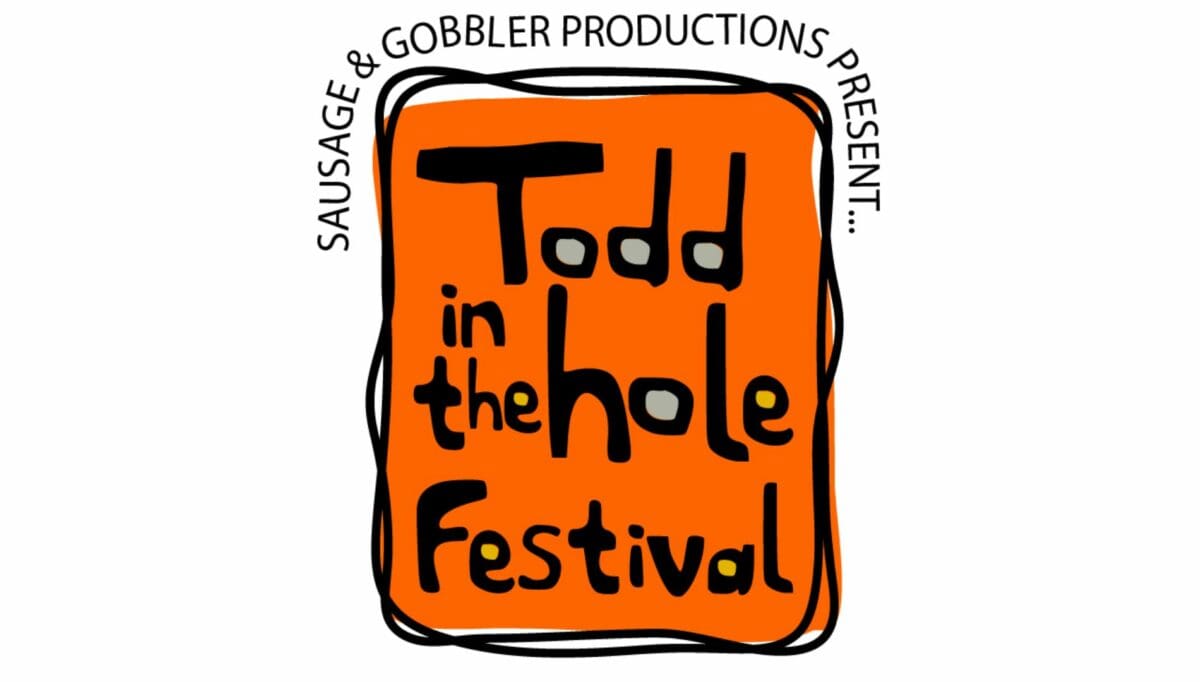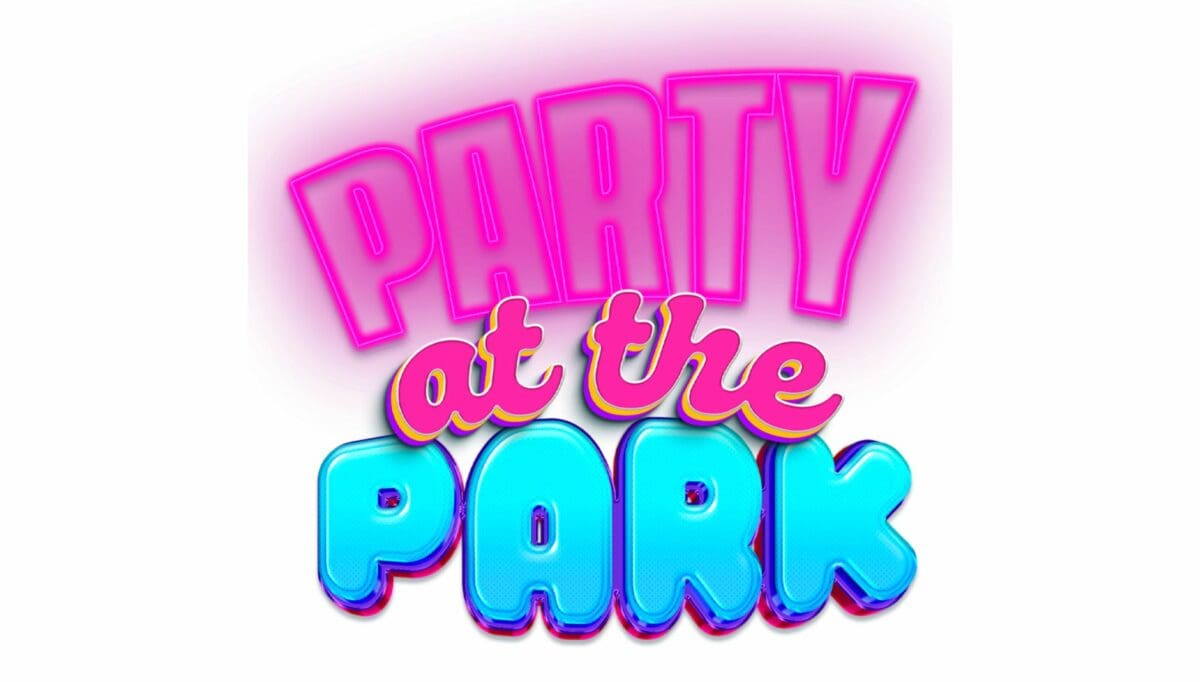
Harmonica blues is a genre of music that features the harmonica as the primary instrument. It originated in the early 20th century in the African American community and has since become a staple in blues music. The harmonica’s unique sound and versatility make it a popular choice for blues musicians, allowing them to express a wide range of emotions through their music. Harmonica blues has had a significant impact on the development of blues music and continues to be a beloved genre among music enthusiasts.
History Of Harmonic Blues
The harmonica has been an integral part of blues music since the genre’s inception in the late 19th century. The instrument’s ability to produce a range of tones and expressiveness made it a favorite among blues musicians.
One of the earliest recorded examples of harmonica blues is “The Mississippi Blues” by William Brown in 1927. The song featured Brown playing a solo on the harmonica, and it quickly became a hit.
In the 1930s, the harmonica became a staple of the Chicago blues scene, with musicians such as Sonny Boy Williamson and Little Walter using the instrument to great effect. The electrification of the harmonica in the 1950s further expanded its possibilities, allowing for a more powerful and amplified sound.
One of the most famous harmonica players in blues history is James Cotton, who played with Muddy Waters and later formed his own band. Cotton’s aggressive and dynamic playing style influenced countless harmonica players that followed.
The Best Harmonica Blues Artists
Over the years, many talented harmonica players have emerged, each bringing their own unique style and sound to the music. Here are some of the best harmonica blues artists of all time.
1. Little Walter – Born Marion Walter Jacobs, Little Walter is widely considered to be the greatest harmonica player in the history of the blues. He was a member of Muddy Waters’ band and had a string of hits in the 1950s, including “Juke” and “My Babe.”
2. Sonny Boy Williamson II – Also known as Rice Miller, Sonny Boy Williamson II was a master of the blues harp. He had a long and successful career, recording with some of the biggest names in the genre, including Robert Johnson and Elmore James.
3. James Cotton – James Cotton started playing the harmonica at the age of nine and went on to become one of the most influential blues harmonica players of all time. He played with Muddy Waters for many years before forming his own band in the 1960s.
4. Junior Wells – Junior Wells was a Chicago blues legend who played with Muddy Waters and Buddy Guy. He had a distinctive sound and style that made him one of the most recognizable harmonica players in the genre.
5. Charlie Musselwhite – Charlie Musselwhite is a modern-day blues harmonica player who has been active since the 1960s. He has won numerous awards and has collaborated with a wide range of musicians, including Tom Waits and Ben Harper.
These are just a few of the many great harmonica blues artists who have left their mark on the genre. Each one has contributed something unique and special, helping to make the blues the timeless and enduring music that it is today.
The Genre Today
Today, the genre can be heard in a variety of music styles, including rock, country, and even pop. Many modern blues artists, such as Charlie Musselwhite and James Cotton, continue to use the harmonica as a primary instrument in their music. The harmonica’s unique sound adds depth and emotion to their songs, making them stand out in a crowded music industry.
One modern artist who has successfully incorporated the harmonica blues into their music is the Black Keys. Their song “Little Black Submarines” features a powerful harmonica solo that adds an emotional and soulful element to the song. The harmonica’s piercing sound cuts through the heavy guitar riffs and creates a memorable moment in the song.
In addition to traditional blues music, the harmonica has also found a home in other genres. For example, country artist Darius Rucker often incorporates the harmonica into his songs, adding a touch of blues to his country sound.
Closing Thoughts On Harmonica Blues
In conclusion, the genre continues to be a vital part of today’s music. Its unique sound and emotional depth make it a popular choice for artists across genres. As long as there are musicians who want to express the struggles and emotions of life, the harmonica blues will continue to play a significant role in music.









